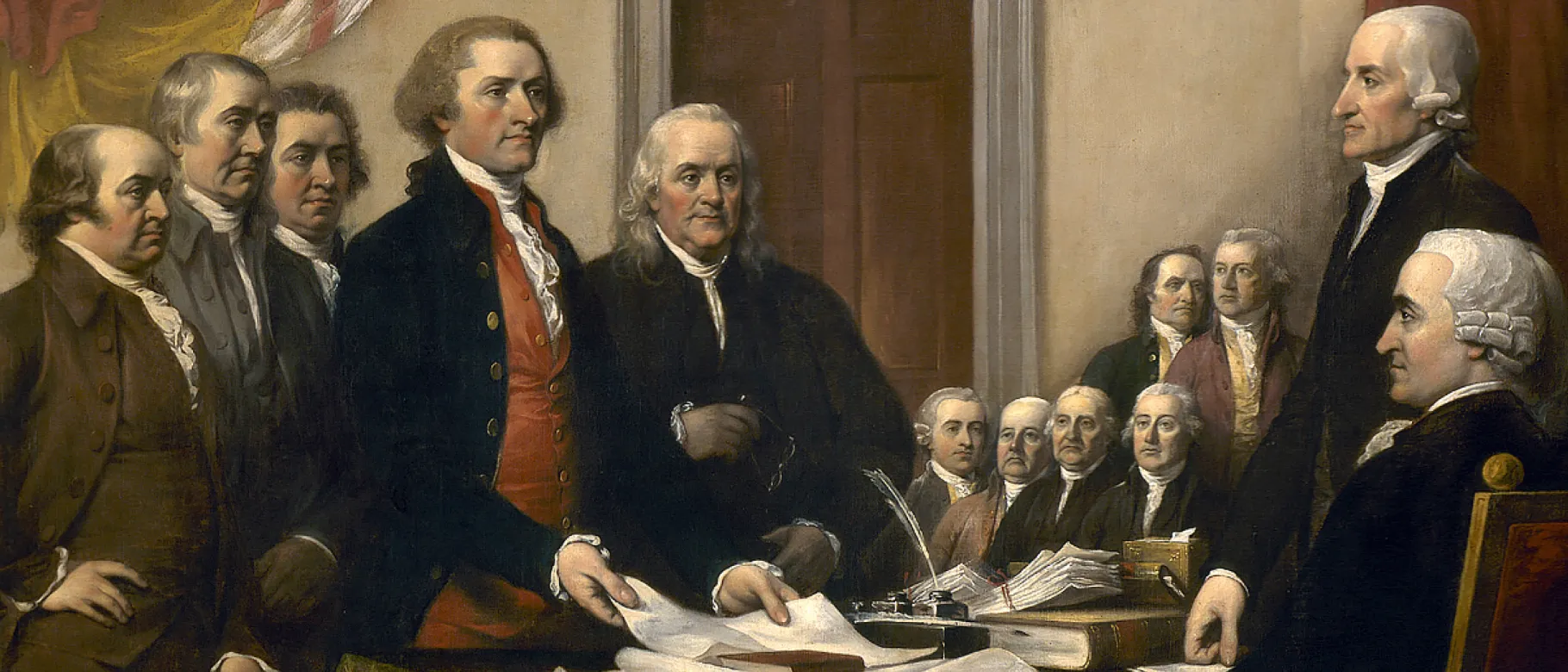UNE Center for Global Humanities presents 'Why Liberalism Failed' on Feb. 27

Of the three dominant ideologies of the twentieth century — fascism, communism, and liberalism — only liberalism remains. This has created a peculiar situation in which liberalism’s proponents tend to forget that it is an ideology and not the natural end-state of human political evolution. And, as an ideology, it is not infallible, nor is its continued dominance inevitable. In fact, growing numbers of Western citizens today feel alienated from and forgotten by the cultural mores and social structures liberalism has produced, suggesting that liberalism’s reign may be nearing an end.
This is the argument Patrick J. Deneen will make when he visits the University of New England Center for Global Humanities to present a lecture titled “Why Liberalism Failed” on Monday, Feb. 27 at 6 p.m. at the WCHP Lecture Hall in Parker Pavilion on the UNE Portland Campus.
Deneen is a professor of political science and holds the David A. Potenziani Memorial Chair of Constitutional Studies at the University of Notre Dame. His teaching and research interests focus on the history of political thought, American political thought, liberalism, conservatism, and constitutionalism. Having published extensively on these topics, he has traveled to lecture around the world. His recent book, “Why Liberalism Failed,” has received widespread public acclaim, including from former US president Barack Obama who stated, “‘Why Liberalism Failed’ offers cogent insights into the loss of meaning and community that many in the West feel, issues that liberal democracies ignore at their own peril.”
In his lecture at UNE Deneen will explain how liberalism is built on a foundation of contradictions that may, in fact, generate its own failure. For example, liberalism trumpets equal rights while fostering incomparable material inequality; its legitimacy rests on consent, yet it discourages civic commitments in favor of privatism; and in its pursuit of individual autonomy, it has given rise to the most far-reaching, comprehensive state system in human history.
This second lecture of the Spring 2023 season for the Center for Global Humanities will be followed by two more between now and the end of April. Lectures at the Center are always free, open to the public, and streamed live online. For more information and to watch the event, please visit: https://www.une.edu/events/2023/why-liberalism-failed